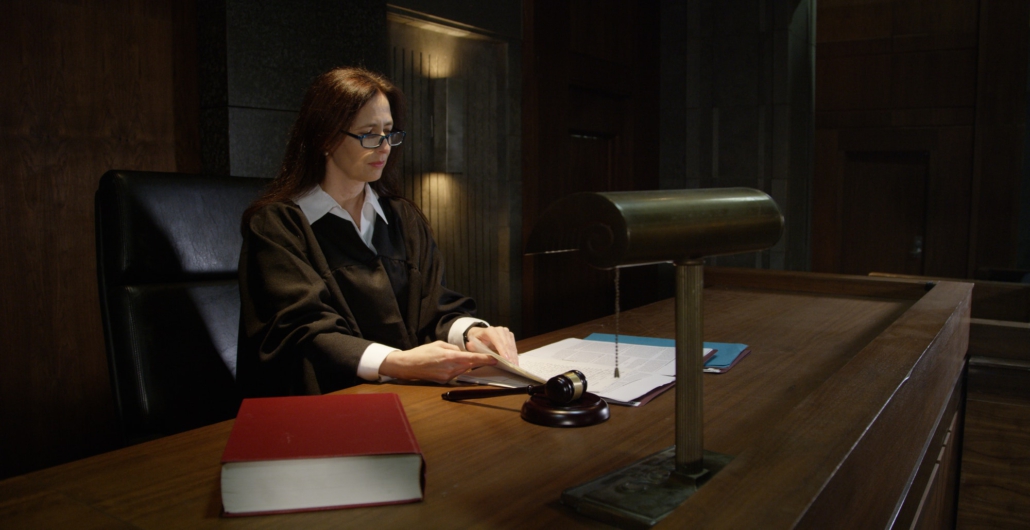Obvious facts in civil proceedings – is it necessary to take evidence in court?
/in Nicht kategorisiertLEGAL+ NEWS
ZPO guide: Obvious facts in civil proceedings - Do facts that can be researched on the Internet require a taking of evidence in court?
In the digital era, in which search engines such as Google play a central role, “obvious facts in civil proceedings” are becoming increasingly important. Section 291 of the German Code of Civil Procedure (ZPO) makes it clear that “obvious facts” do not require evidence to be taken in civil proceedings. However, what exactly is meant by an “obvious fact” and how it may be used often raises questions in practice.

Significant clarifications due to the BGH ruling of January 27, 2022 (case no. III ZR 195/20)
The Federal Court of Justice (BGH) recently clarified important points in relation to “obvious facts” in a highly practical ruling.
It first confirmed that information that can be found on the internet can be considered “obvious facts” within the meaning of Section 291 ZPO. In addition, the BGH provided valuable guidance for the courts on how to deal with such facts.
Requirements of the BGH for the utilization of “obvious facts”
In its ruling of January 27, 2022 (case no. III ZR 195/20), the BGH emphasized in particular the need for a court to give the parties the opportunity to comment before incorporating an “obvious fact” into its decision. This applies even if this fact was taken from the internet. A reference can only be omitted if both parties are already aware of the fact in question and its relevance to the decision.
The BGH stated verbatim:
“(…) According to the established case law of the Federal Court of Justice (…), a court may not base its decision on facts without first giving the parties the opportunity to comment on them. This also applies to obvious facts within the meaning of Section 291 ZPO. These also include facts that the court has taken from the Internet; If it wishes to make this the basis of its judgment, it must make the result of its investigations available to the parties and inform them by means of a reference (…).”
Exception: The obviousness and materiality of the fact is “readily apparent” to the parties.
However, by way of exception, a judicial reference should not be required if the facts or circumstances in question are “readily available tothe partiesand they are aware of their relevance to the decision“.
Expert assessment
This decision by the BGH respected and emphasized the constitutional right of both parties to be heard. The courts must inform the party concerned of the intended use of an “obvious fact”. This is the only way to give the party the opportunity to comment on it. Exceptions are only permitted in the case of generally known circumstances and their clear relevance to the case.


LATEST ARTICLES

Guide to GmbH law: The duties and liability risks of the managing director of a GmbH
In the external relationship, only the GmbH is liable, which can indemnify its managing directors. However, this does not mean that external liability of the managing directors is excluded.
In addition to personal liability in the area of tax and social security law, the managing director may also be liable on the basis of his own contractual obligations, on the basis of an induced legal appearance, on the basis of (personal) culpability when concluding the contract and in tort.
For the aforementioned reasons, every managing director of a GmbH is urgently recommended to be familiar with the requirements for proper managing director activities.

Estimation of fictitious defect rectification costs
For some time now, a landmark decision by the Federal Court of Justice has clarified that the contractual claim for damages in lieu of performance pursuant to Sections 437 No. 3, 280, 281 BGB can be assessed on the basis of the “fictitious” defect rectification costs that are likely to be necessary but have not yet been incurred, see BGH ruling of 12.03.2021, Ref. V ZR 33/19. In practice, it is of particular relevance how the court called upon to decide in an individual case is to determine the amount of such fictitious damage costs.

EUGH ruling “LKW Walter”
The possibility of being able to enforce one’s own rights as easily and quickly as possible in cross-border EU business transactions, which is very welcome in principle, has some pitfalls. The author’s experience shows that traders are often overwhelmed when they receive legally relevant mail from abroad. This is not least due to the fact that court documents received from abroad often do not meet the requirements of European law.
CONTACT

+49 (40) 57199 74 80
+49 (170) 1203 74 0
Neuer Wall 61 D-20354 Hamburg
kontakt@legal-plus.eu
Benefit from my active network!
I look forward to our networking.
This post is also available in: DE

